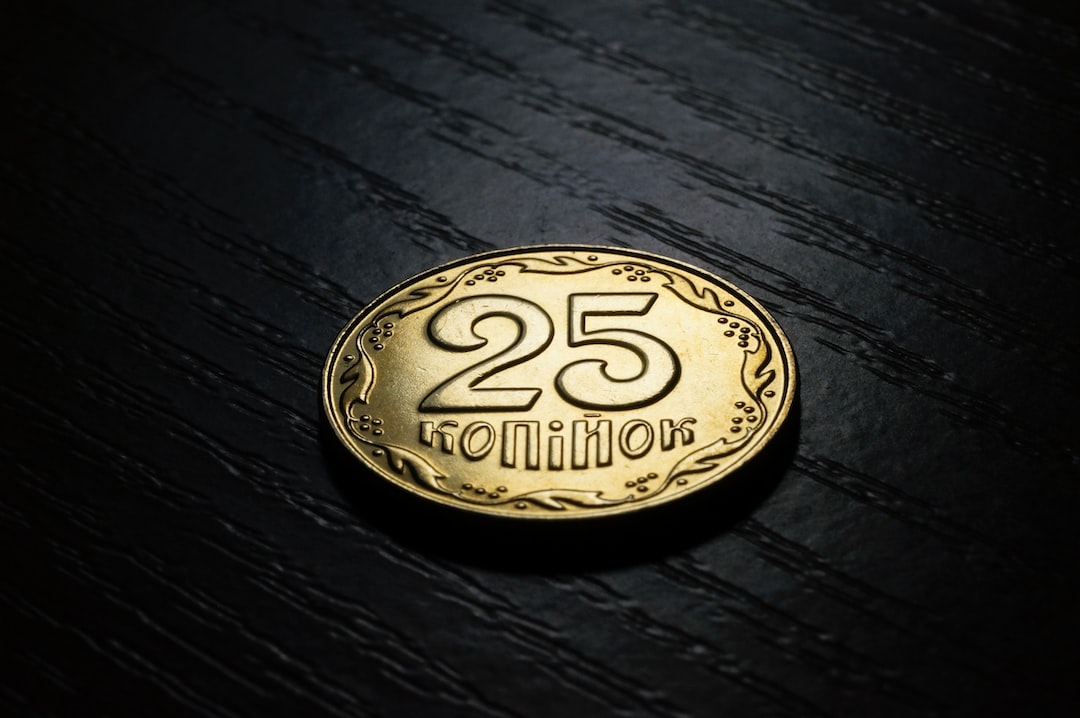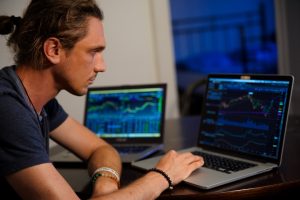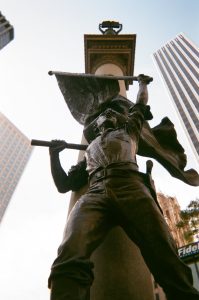The foreign exchange market, commonly referred to as forex, is one of the largest and most liquid financial markets in the world. It operates 24 hours a day, five days a week, and has a daily trading volume of over $5 trillion. With so much money at stake, it’s no surprise that many banks and financial institutions are involved in forex trading.
However, not all banks have the same level of influence on the forex market. In fact, there are a few major players who dominate the market and control the majority of the trading activity. In this article, we’ll take a closer look at which banks control forex and how they influence the market.
The Top Forex Banks
According to a survey conducted by Euromoney in 2020, the top five banks that control forex trading are:
1. JP Morgan Chase
2. Citigroup
3. Deutsche Bank
4. Barclays
5. UBS
These banks are known as the “Forex Five” and together they control over 50% of the global forex market. Let’s take a closer look at each of these banks and their role in forex trading.
JP Morgan Chase
JP Morgan Chase is the largest bank in the United States and one of the oldest financial institutions in the world. It has a significant presence in the forex market and is known for its strong research and analysis capabilities. JP Morgan Chase offers a wide range of forex services to its clients, including trading, hedging, and risk management.
Citigroup
Citigroup is a global financial services provider with operations in over 160 countries. It is the second-largest bank in the United States and one of the largest forex dealers in the world. Citigroup offers a range of forex services to its clients, including trading, hedging, and risk management.
Deutsche Bank
Deutsche Bank is a German multinational investment bank and financial services company. It is one of the largest forex dealers in the world and offers a range of forex services to its clients, including trading, hedging, and risk management. Deutsche Bank is known for its strong research and analysis capabilities and has a significant presence in the forex market.
Barclays
Barclays is a British multinational investment bank and financial services company. It is one of the largest forex dealers in the world and offers a range of forex services to its clients, including trading, hedging, and risk management. Barclays is known for its strong research and analysis capabilities and has a significant presence in the forex market.
UBS
UBS is a Swiss multinational investment bank and financial services company. It is one of the largest forex dealers in the world and offers a range of forex services to its clients, including trading, hedging, and risk management. UBS is known for its strong research and analysis capabilities and has a significant presence in the forex market.
How Banks Control Forex
So, how do these banks control the forex market? There are a few ways in which they exert their influence.
1. Market Making
One of the primary ways in which banks control forex is through market making. Market makers are banks or financial institutions that quote prices for currency pairs and are willing to buy or sell those currencies at those prices. By providing liquidity to the market, market makers help to ensure that there is always a buyer or seller for a given currency pair.
2. Trading
Banks also control forex through their own trading activities. Banks have their own trading desks and employ traders who buy and sell currencies on behalf of the bank. These traders can influence the market by buying or selling large amounts of currency, which can cause the price of that currency to move.
3. Research and Analysis
Finally, banks control forex through their research and analysis capabilities. Banks have teams of analysts who study the forex market and provide insights and recommendations to their clients. By providing accurate and timely analysis, banks can help their clients make informed trading decisions and can influence the market through their recommendations.
Conclusion
In conclusion, the forex market is largely controlled by a few major banks, known as the “Forex Five.” These banks exert their influence through market making, trading, and research and analysis. While there are other banks and financial institutions involved in forex trading, these five banks control the majority of the market and have a significant impact on its direction and volatility.





